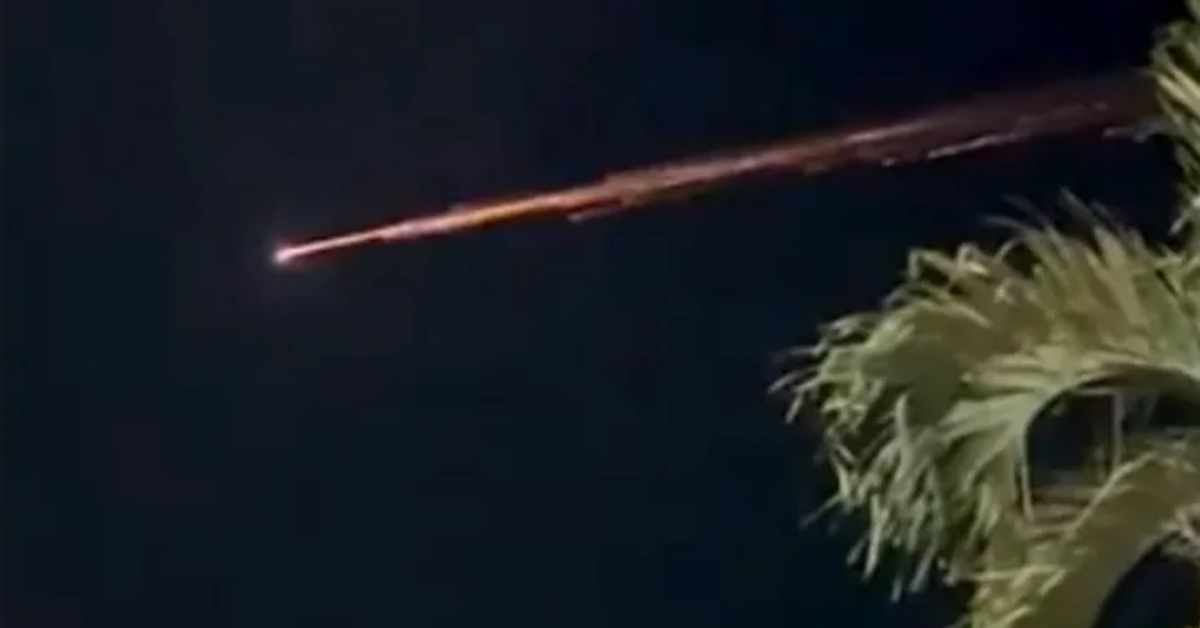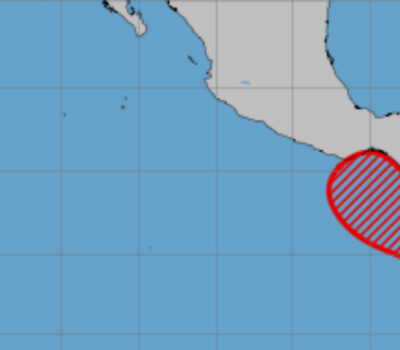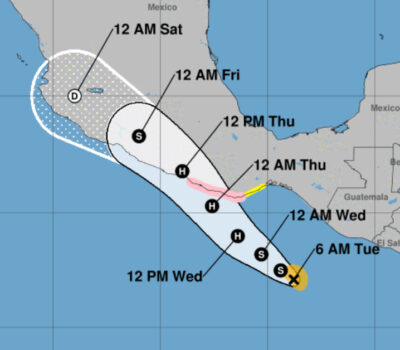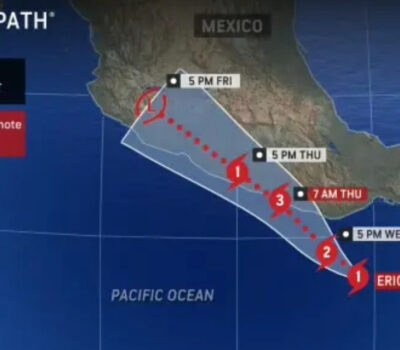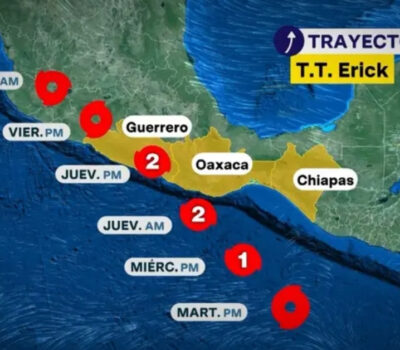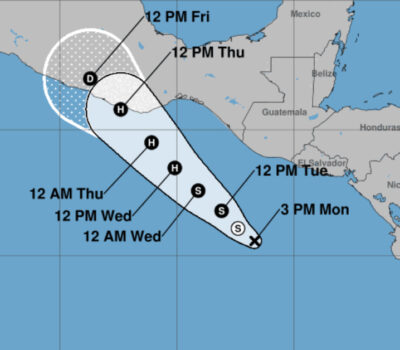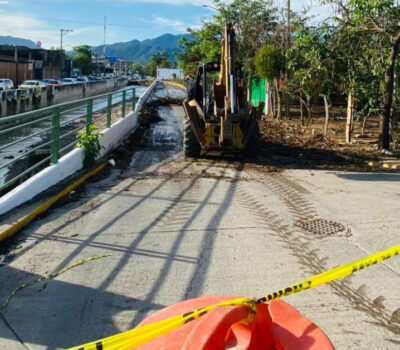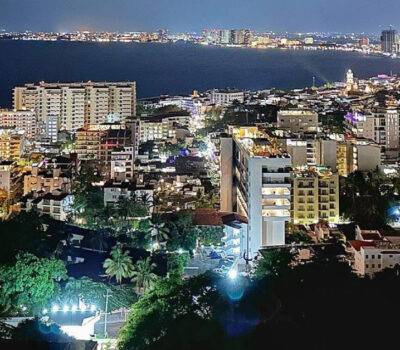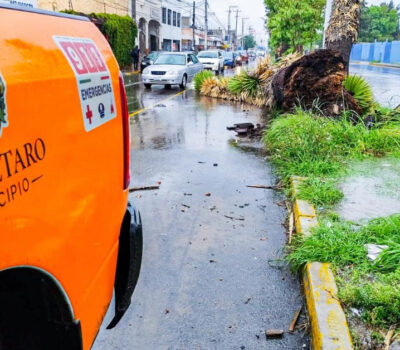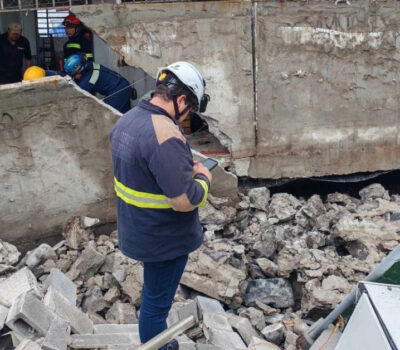Puerto Vallarta, Jalisco – A dazzling trail of lights illuminated the skies over Puerto Vallarta on Saturday night, prompting thousands of residents and visitors to pull out their phones and share stunning images and videos on social media. The spectacle, captured around 10 p.m., sparked a flurry of discussions and theories, including the claim—without any evidence—that the bright streak was a meteorite.
However, according to reports from the specialized aerospace portal Frontera Espacial, the phenomenon was actually the destructive reentry of a Chinese CZ-3B rocket stage. Launched successfully in August 2024, fragments of this stage entered the Earth’s atmosphere and ignited, producing the luminous display witnessed in the skies above Jalisco and neighboring areas.
Local authorities quickly addressed public concerns. The Jalisco State Civil Protection Unit confirmed that no damages, impacts, or casualties were reported following the event. While social media continued to swirl with rumors, including suggestions that the dazzling lights could be a meteorite, officials clarified that the sightings had no negative effects in Puerto Vallarta or in nearby regions of Jalisco, Michoacán, and Colima.
In the wake of the spectacle, experts emphasize that reentries of spent rocket stages are not uncommon, but remain captivating when they light up the sky. As social media users across several states continue to share their videos and photographs, both space enthusiasts and casual observers agree that Saturday’s light show was a memorable event—one that showcased the intersection of natural wonder and human technology overhead.
Puerto Vallarta, Jalisco – A dazzling trail of lights illuminated the skies over Puerto Vallarta on Saturday night, prompting thousands of residents and visitors to pull out their phones and share stunning images and videos on social media. The spectacle, captured around 10 p.m., sparked a flurry of discussions and theories, including the claim—without any evidence—that the bright streak was a meteorite.

